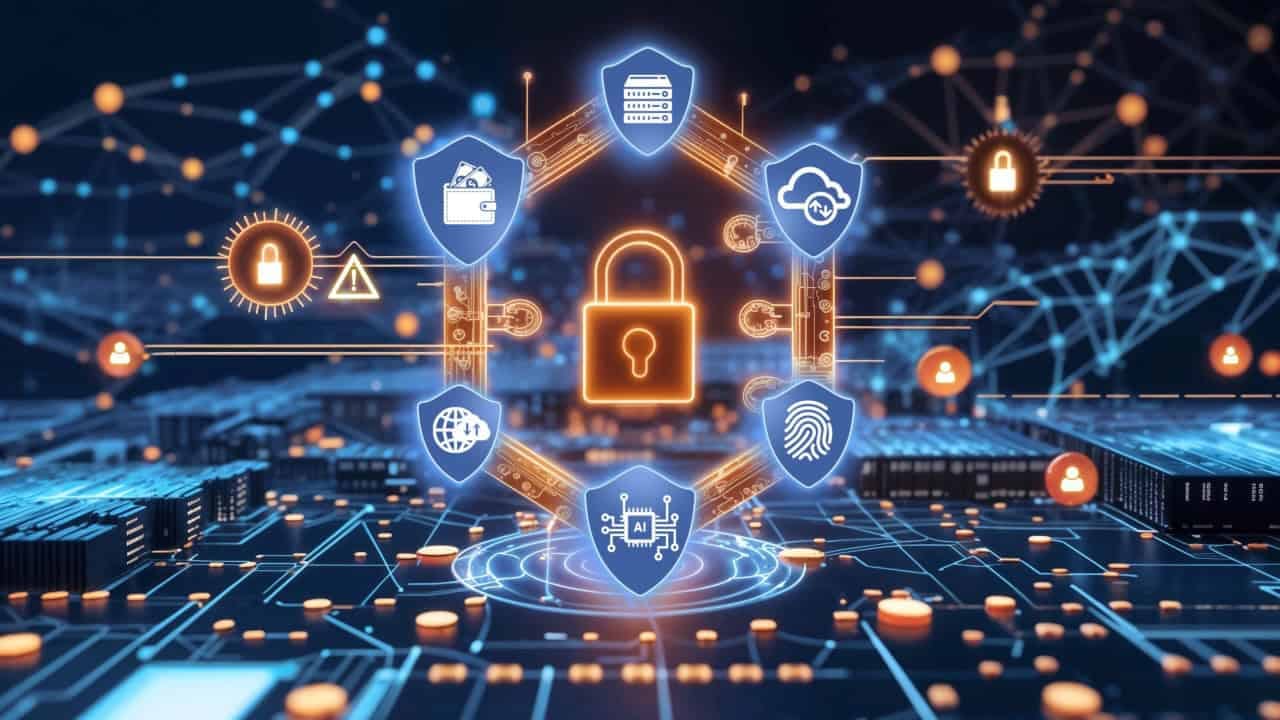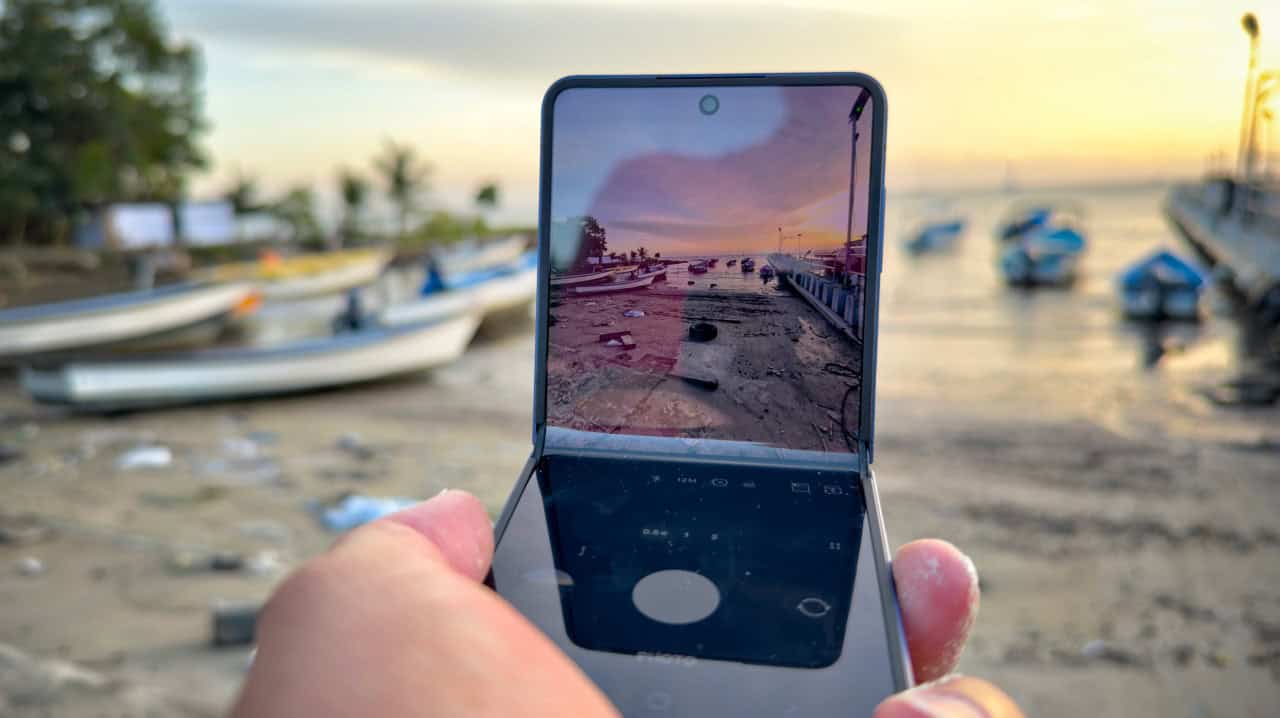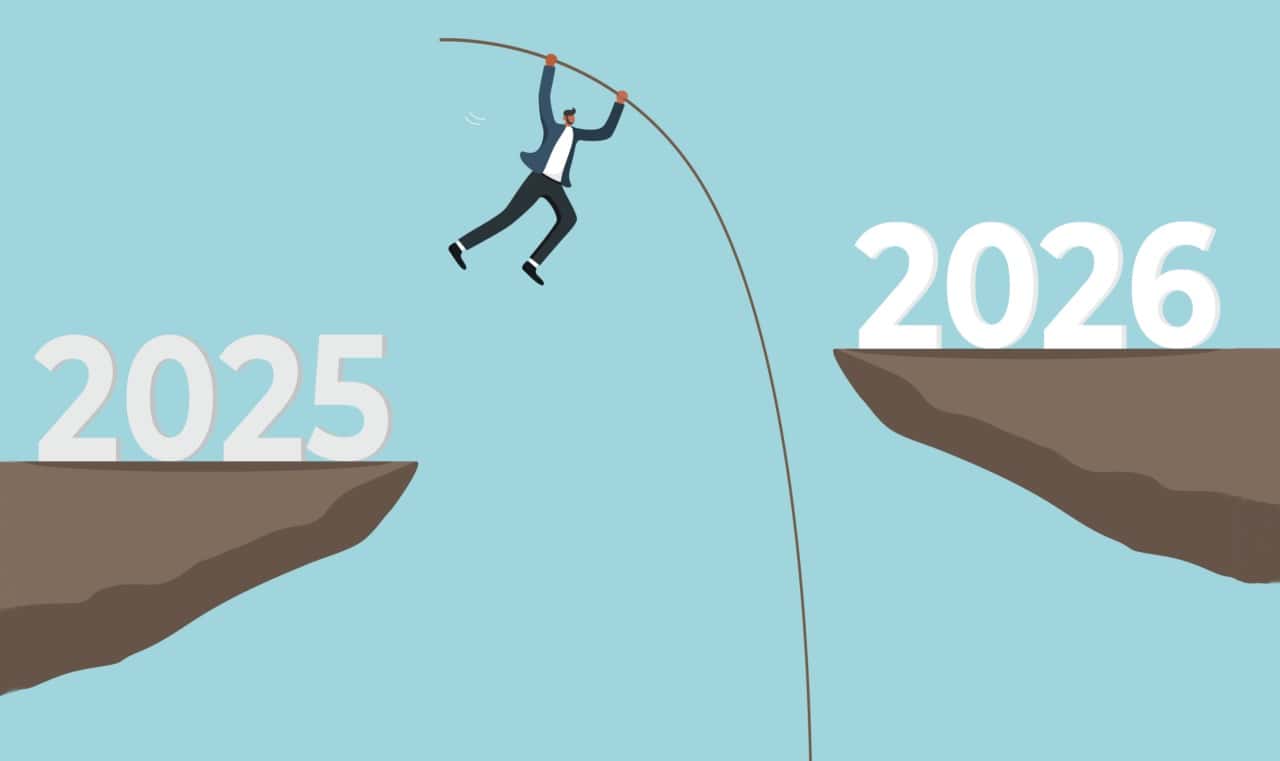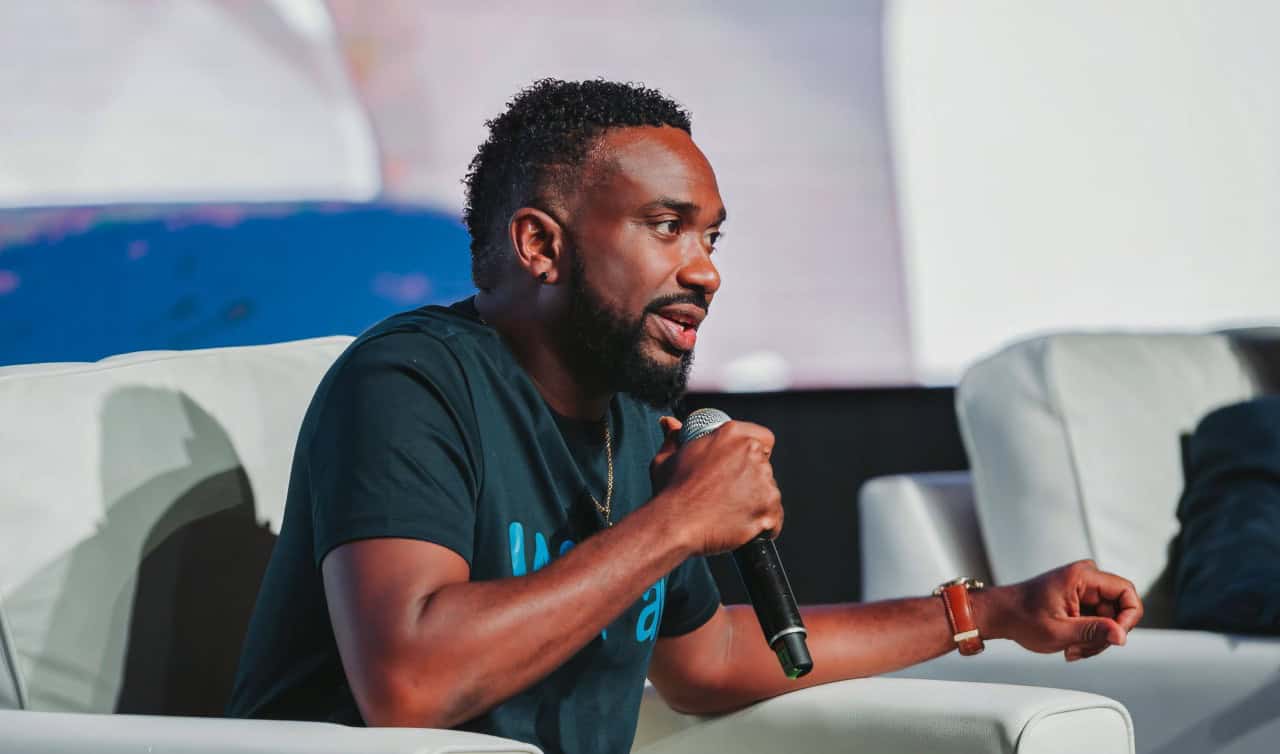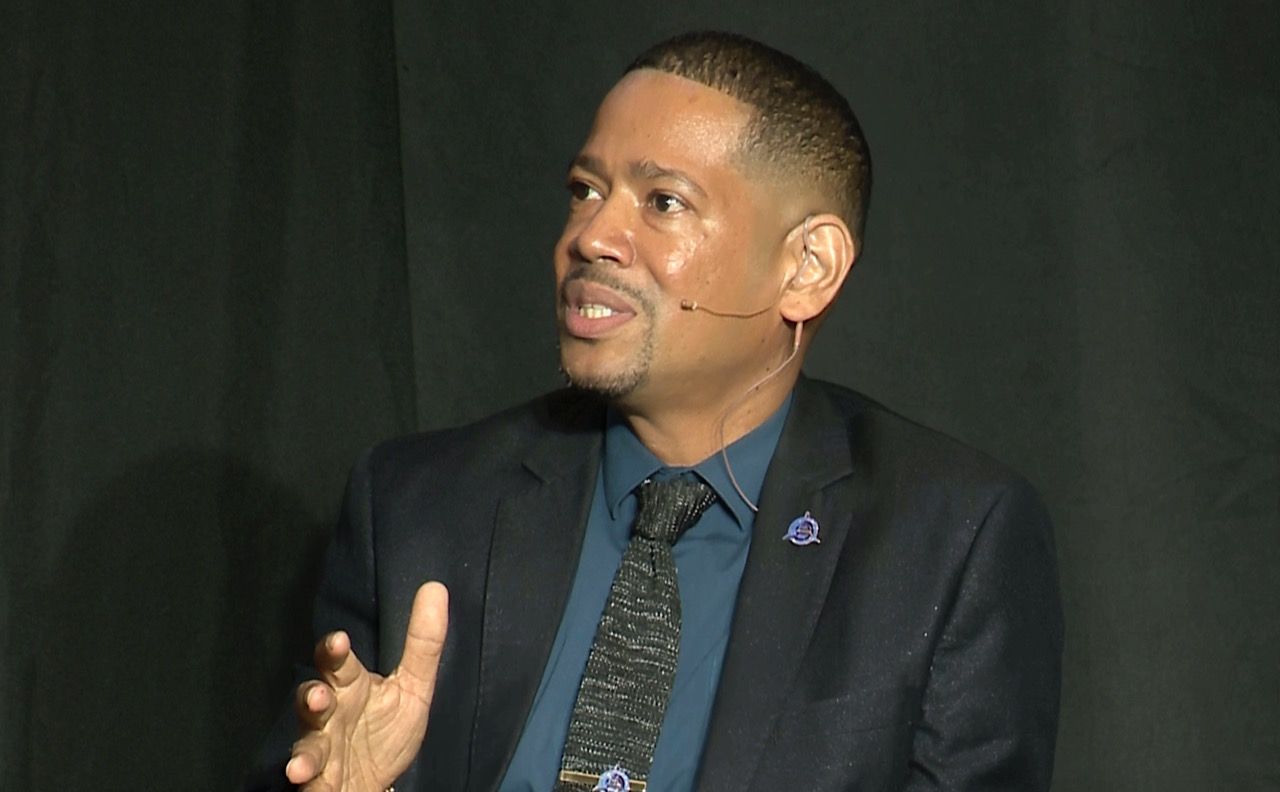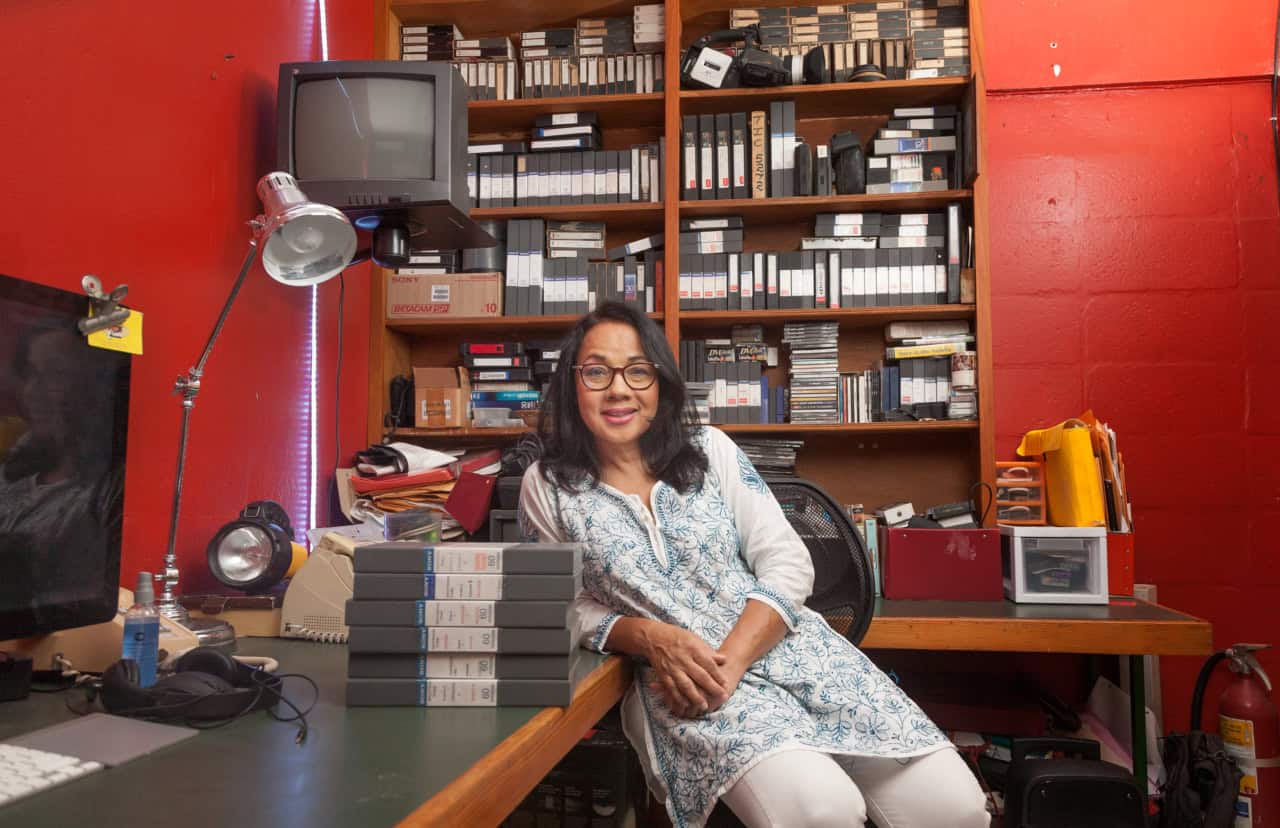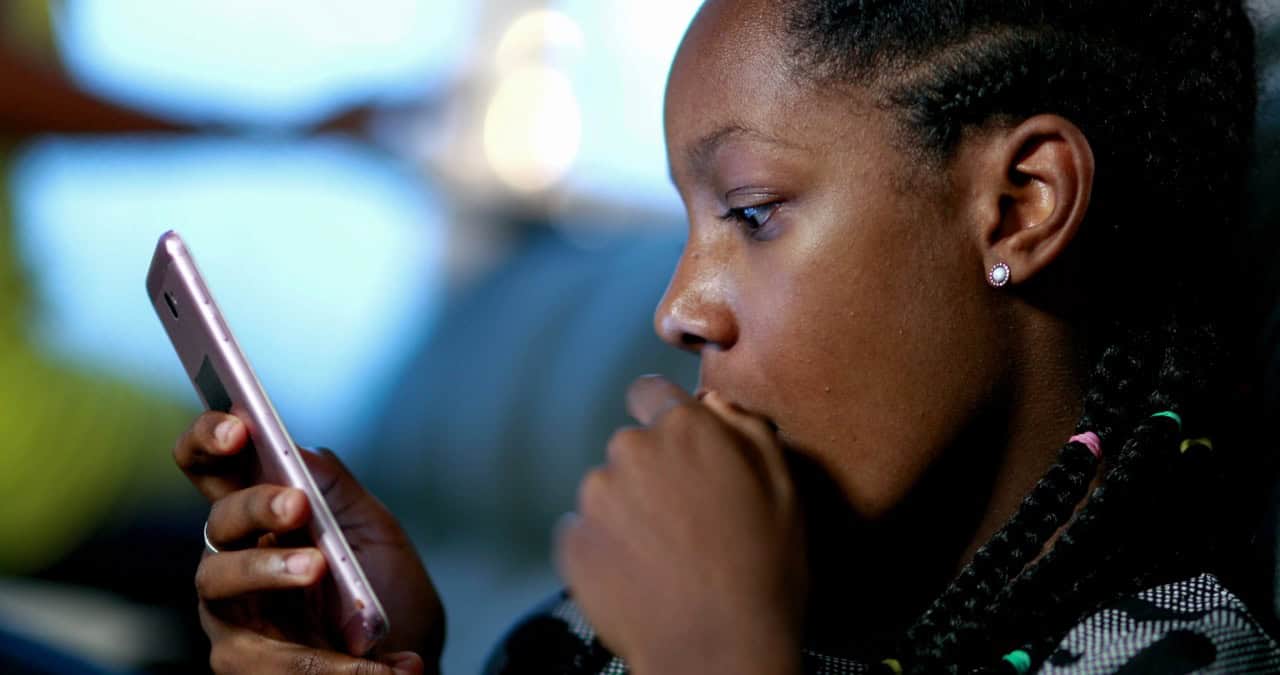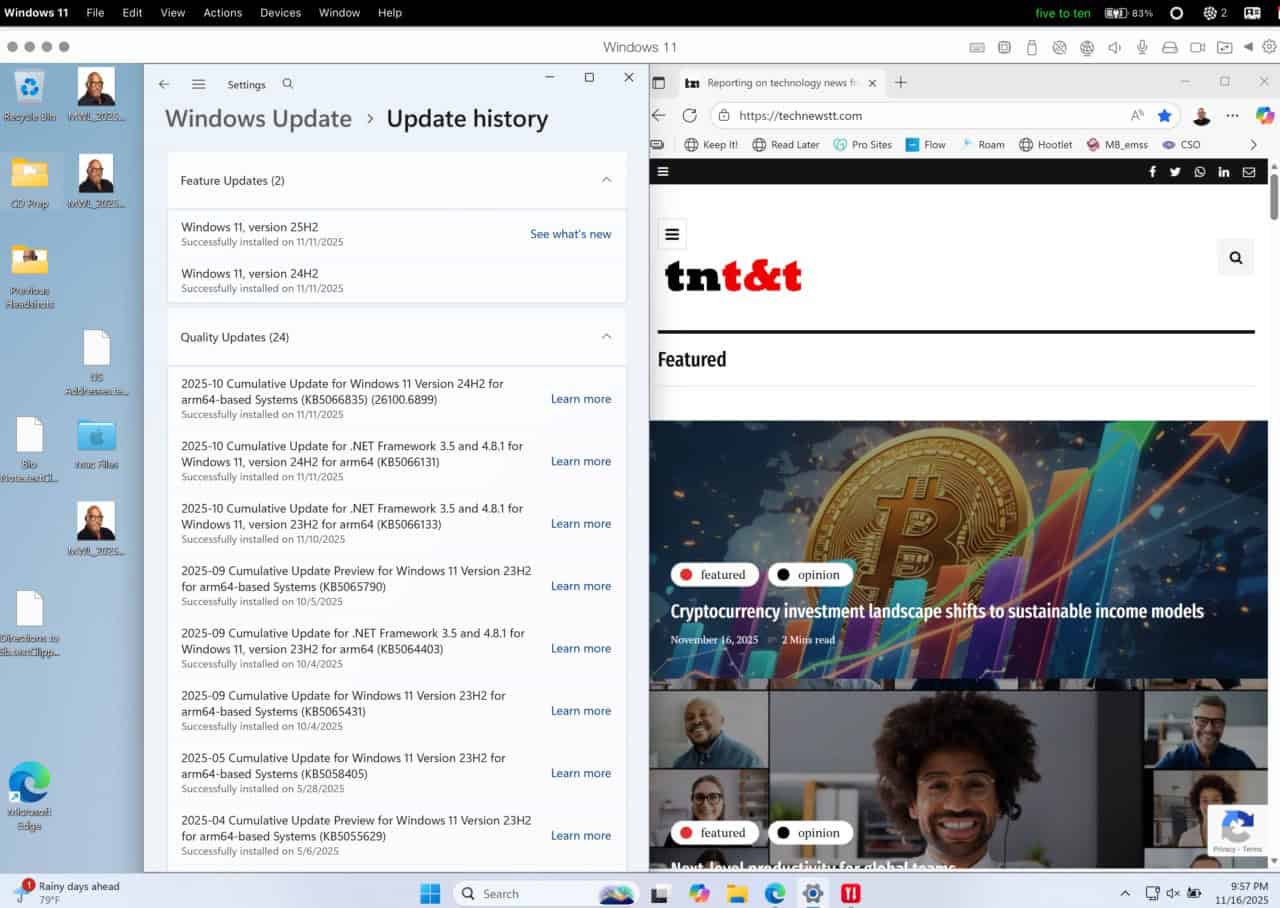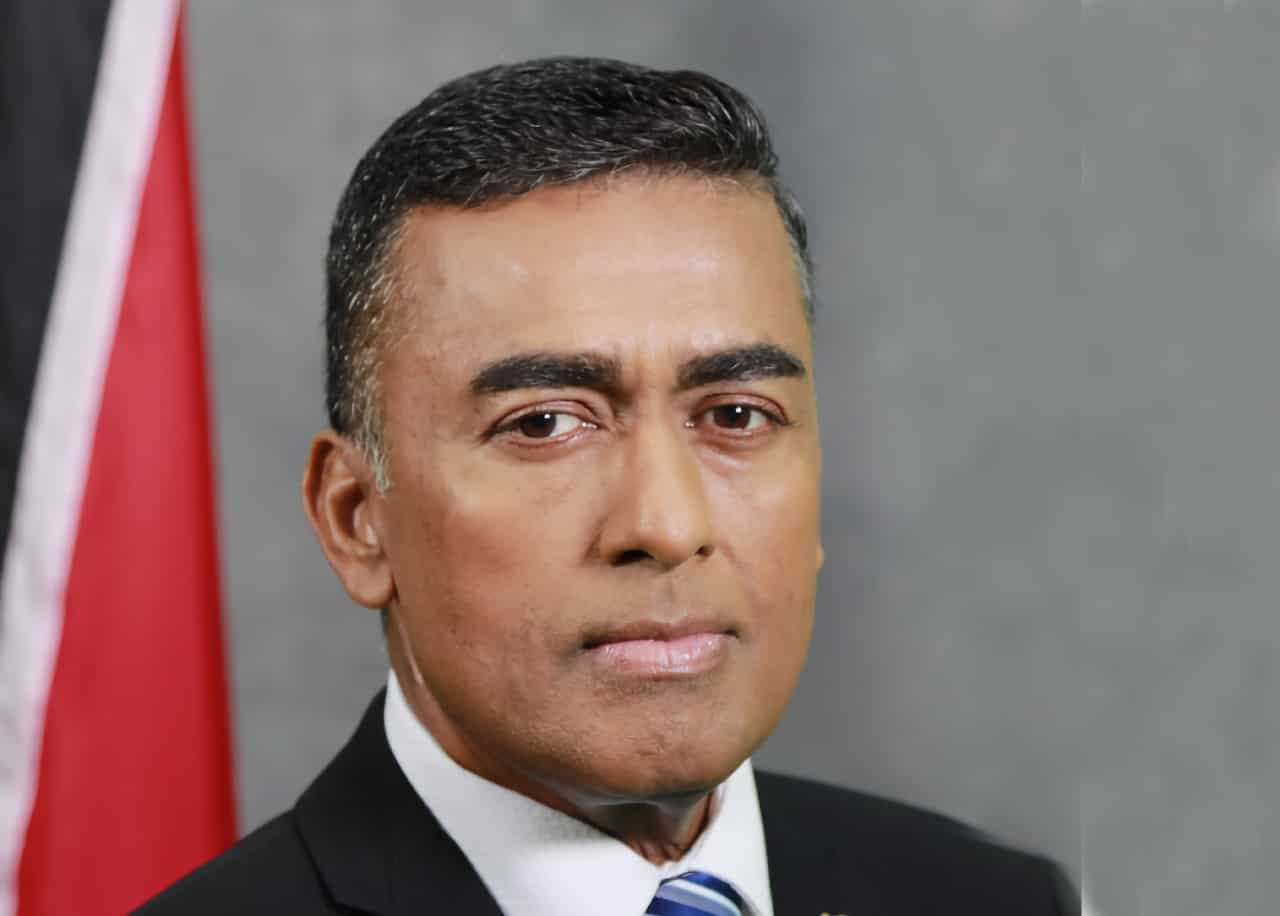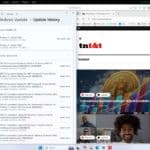
Above: Photo by lightfieldstudios/123RF.com
BitDepth#1454 for April 15, 2024
On March 05, FT Strategies formally launched the findings of a study of how today’s generation of news consumers finds their information.
The collaborative project, undertaken by FT and the Knight Lab with support from the Google News Initiative conducted 45 in-depth interviews with 18 to 25-year-olds from India, Nigeria and the US. Most of this potential news audience was born after the year 2000.
The project seeks to address the next great hurdle that journalism will face. In the first decade of the mass internet, media companies set aside subscription and payment models, offering almost of their reporting for free pursuing an audience in this new medium.
Media embraced search engines indexing their stories and social media passing them along, ceding critical functions of finding stories and distributing them (clearly so only in retrospect) to companies that monetised them so completely that there seemed no easy way to replicate these distribution or advertising models.
The internet model of distribution has not only shaped how money is made with journalism – or more accurately isn’t made – but also how it is finds an audience.
The Next Gen News report offers an insight into how that’s happening for a generation raised with the expectation of a pervasive internet.
Media houses learned the hard way that they couldn’t easily reverse the concept of free content or replace search and social media distribution. Those horses haven’t just left the barn; they’re raising foals in the wild by now.
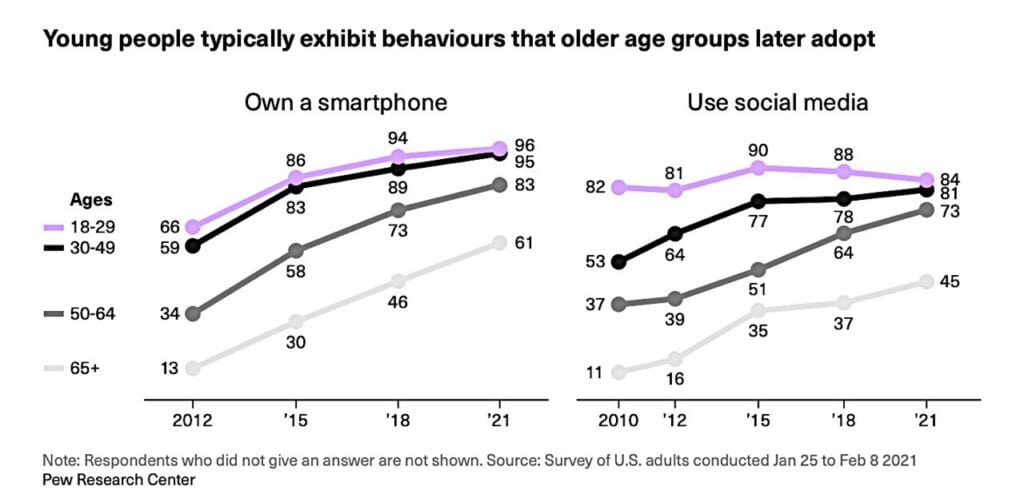
Understanding and adapting to the news audience of tomorrow – really right now – is not a mistake any serious media organisation can make and hope to survive.
The study noted three key findings.
The next generation are exhibiting distinct news behaviours and adopt different modes of consumption of news content.
There’s a gap between the news experience the next generation wants and what they are being provided with.
There are tangible ways that news producers can begin to meet the ideal news experience for the next generation.
The first finding is unsurprising, since millennials have largely abandoned traditional news channels in favour of digital versions or social media resources that rehash them.
A Pew Research Center study found that the news appetites that are prevalent among younger age groups are increasingly adopted by their seniors.
It’s no longer simply enough to keep producing the same news menu for an aging demographic and milking that diminishing audience, the rate of attrition is likely to be higher than the death rate, with the remaining elder audience adopting the consumption patterns of their juniors.
Issues of trust are also in play, and not in a way that’s easily addressed by traditional journalism roles.
It’s no longer simply enough to keep producing the same news menu for an aging demographic and milking that diminishing audience.
“[Next generation audiences] seek out sources of information from people that they know, or feel like they know, in real life,” explained Jeremy Gilbert, a co-author of the report.
“They rely on the personal opinions of others in digital contexts to frame and understand the news.”
Those opinions are sometimes found in youth perspective commentary on the news. Interviewees explained that they might read the headline, then read the comments before deciding whether to read the story.
In another example of discovery paths that don’t follow old-school patterns, one interview subject stated emphatically that he would rather look at a YouTube video for three minutes than read a story for one.
News is no longer just about a story. According to the report, next generation readers like “People who sound like them and operate in their style. Young people want information they can do something with.”
“I trust the people who lived through that experience over those that were reporting on the experience,” one respondent said.
Regarding the importance of news that can be used, respondents were likely to ask of the reporting, “What does this [piece of news] mean for me? What does this mean for the person whom this article affects? What should we do about it? What’s the call to action for it?”
According to Jodie Jackson, director of the News Literacy Lab, “A BBC World Service Survey showed that 64% of under 35-year-olds wanted the news to report solutions to problems, making it their top content request.”
So what’s to be done to address this fundamental change in news consumption? The Next Gen Report offered six clear points of action, some demanding basic changes in news delivery.
“Everywhere is hard, so choose your hard,” warned Ruona J. Meyer, investigative journalist and member of the advisory board.
Next week we explore actions that news organisations can take.



